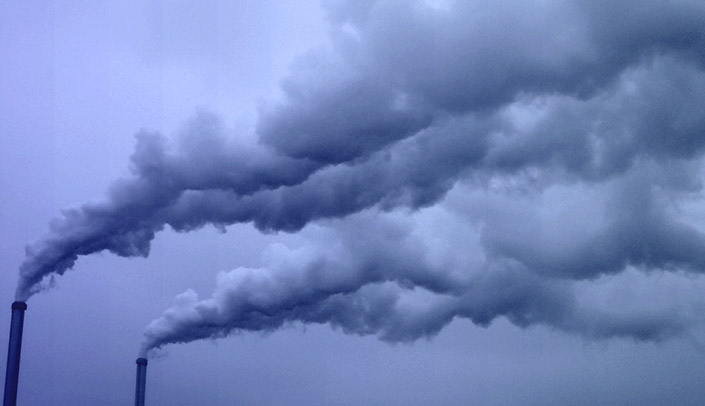Last week, the United Nations marked World Day of Social Justice, promoting equality, removing barriers and helping people living in poverty, unsafe conditions, and/or without dignity. The field of sustainability has advanced beyond what we would mostly classify as “environmental sustainability” — taking care of the physical environment. While that’s still important as we are all products of our environment, there are other areas of sustainability that we need to address separately.
Social justice and sustainability intersect in equity and in health (our mission). In North America, virtually all areas where low socioeconomic status communities are located experience higher concentrations of air pollutants. Air pollutants lead to a variety of health conditions — asthma, cancer, birth defects, etc. In the United States, racial and ethnic minorities are more likely than non-minority groups to experience poverty. Given this, it’s not surprising that African Americans are exposed to pollutants and suffer the maladies they cause at a higher rate.
In honor of Black History Month, we offer a few pioneers in this important work.
- Heather Toney was elected the first African-American, first female and youngest mayor of Greenville, Massachusetts. She later served as the regional administrator to the EPA and currently leads the Moms Clean Air Force — a group of more than 1 million moms and dads fighting against air pollution and for climate safety to protect children’s health.
- Dr. Robert Bullard is often listed as the father of environmental justice. He founded the Environmental Justice Resource Center at Clark Atlanta University, has authored 18 books, co-founded the Historically Black Colleges and Universities Climate Change Consortium, and has received multiple accolades and awards for his work.
- Dr. Mildred McClain is a teacher and human rights activist. Her work with the Black Youth Leadership Development Institute has trained thousands of young people to be community leaders while also working to promote healthy lifestyles. She has led community gardens, health fairs, soil testing, and lead testing in children while creating major partnerships with the Department of Energy, the Environmental Protection Agency and the Centers for Disease Control and Prevention.
- Dr. Beverly Wright founded and is the executive director of the Deep South Center for Environmental Justice, which provides education, job placement, and health/safety training to climate impacted communities. She developed curriculum, runs a hazardous waste work training program, and has produced research related to environmental justice and Superfund sites.

Excellent article. Thank you.
I enjoyed reading this article, Melanie.